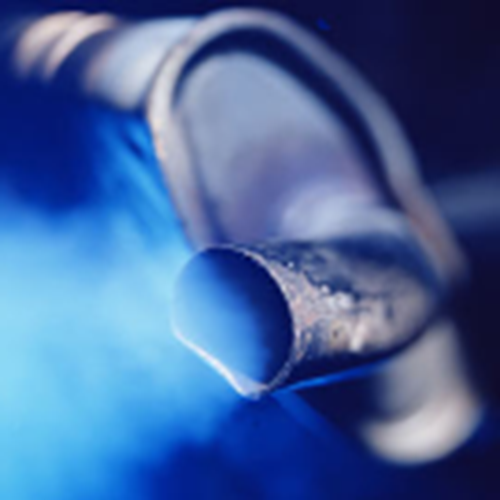Automotive emissions under the spotlight
24th May 2013

With increasing stringent automotive emissions standards on the way a new conference from the Institution of Chemical Engineers (IChemE) looks at how the automotive industry is meeting the challenge.
Road transport is the third largest and fastest growing source of greenhouse gases in the UK. Car emissions are known to contribute to global warming and a direct cause of air pollution leading to respiratory diseases.
Since the 1990s, the European Union (EU) has imposed a set of rolling directives to reduce emissions including carbon monoxide (CO), nitrogen oxides (NOx) and hydrocarbons (HCs).
The next wave of targets for new vehicles sold from 2015 and 2020 are currently being debated by EU member states, although green campaigners want targets extended to 2025 as well. The latest proposals suggest emissions should be no higher than 130g CO2/km by 2015, and cars rolling off production lines in 2020 should have emissions not exceeding 95g CO2/km – a reduction of over 25%.
This next wave of challenging emission targets will come under the spotlight in a new conference – Catalysis and Chemical Engineering – which will feature a keynote speech, titled Catalysis for Automotive Emissions Control, from Peter Chigada, senior scientist at Johnson Matthey.
 Peter said: 'The automotive industry works in a challenging and ever-changing environment, especially the demand for greener vehicle technologies. Catalysis and system design are fundamental to this endeavour.
Peter said: 'The automotive industry works in a challenging and ever-changing environment, especially the demand for greener vehicle technologies. Catalysis and system design are fundamental to this endeavour.
'At Johnson Matthey we are helping to drive forward some of the latest technological developments to meet current and future automotive emission regulations for petrol and diesel engines. These include novel catalysts technologies to meet new targets for NOx emissions and the associated design challenges for exhaust after-treatment systems.'
The conference will also look at the role of catalysis for a range of issues from securing plentiful energy supplies to protecting the environment. Other keynote speeches will feature presentations from Shell and academia.
During the event the inaugural presentation of the IChemE Andrew Medal will be awarded to Chris Hardacre, head of chemistry and chemical engineering at Queens University Belfast, UK, in recognition of his contribution to heterogeneous catalysis.
Catalysis and Chemical Engineering is being held in London, UK, on 4 June 2013.